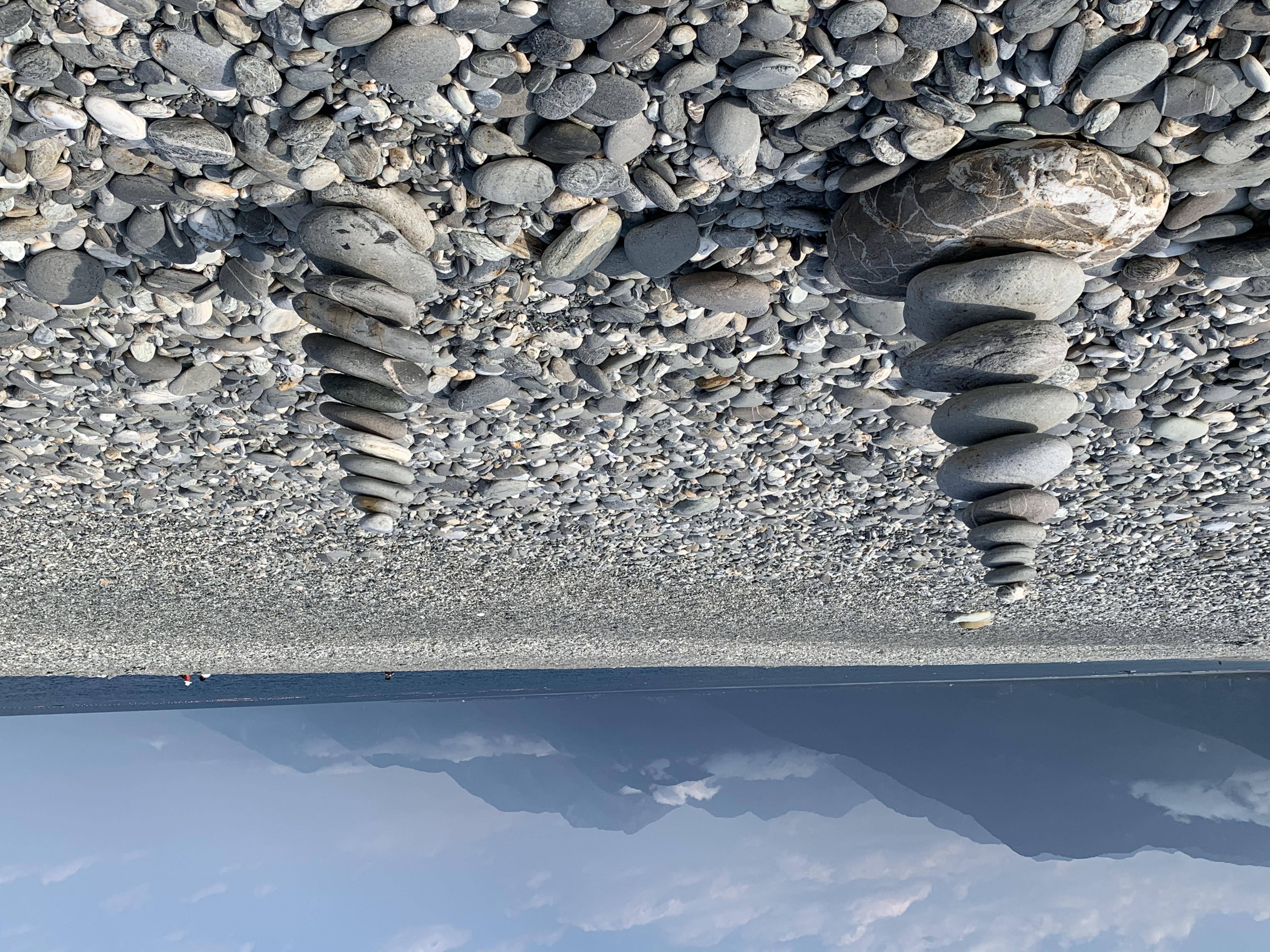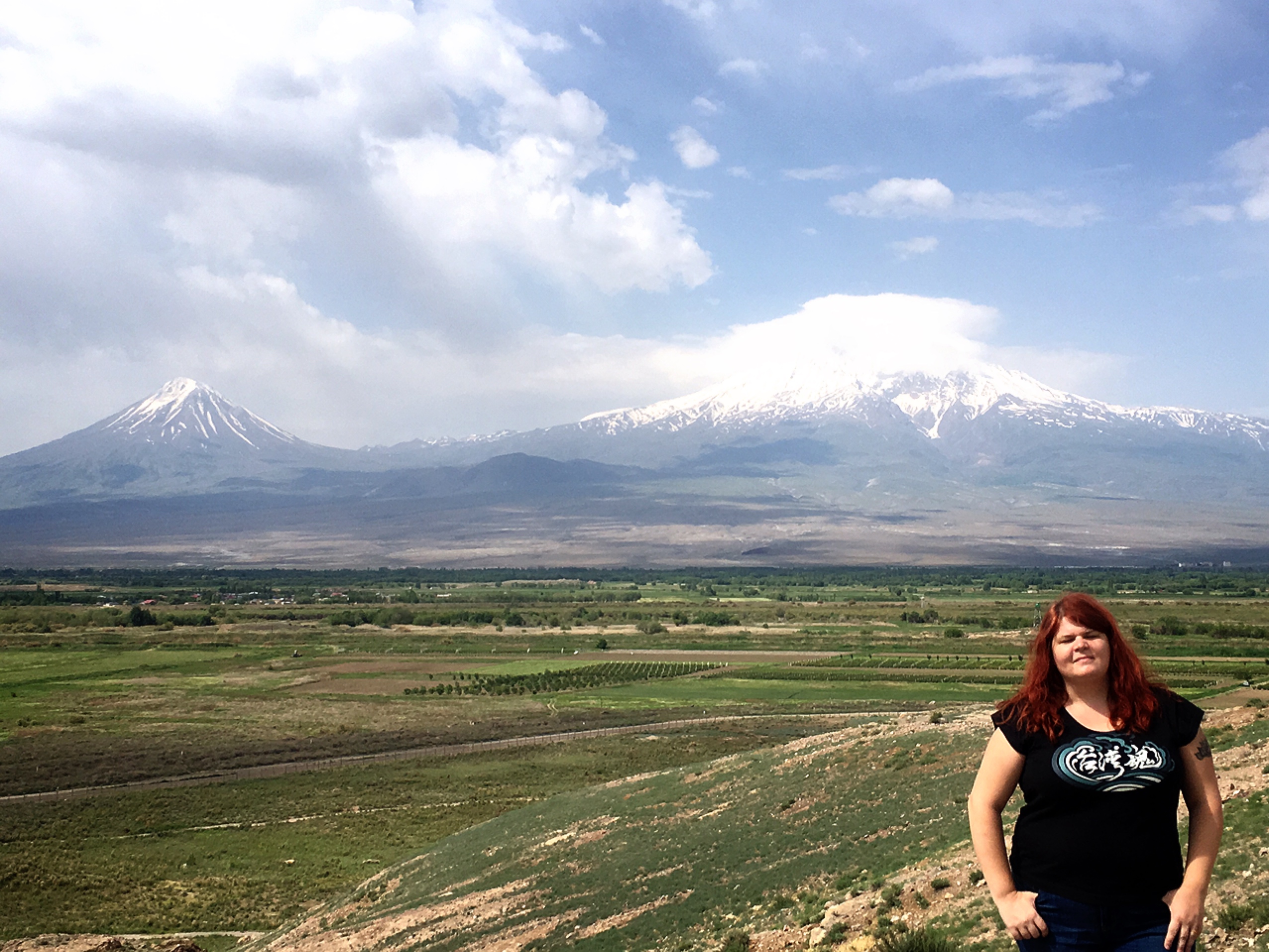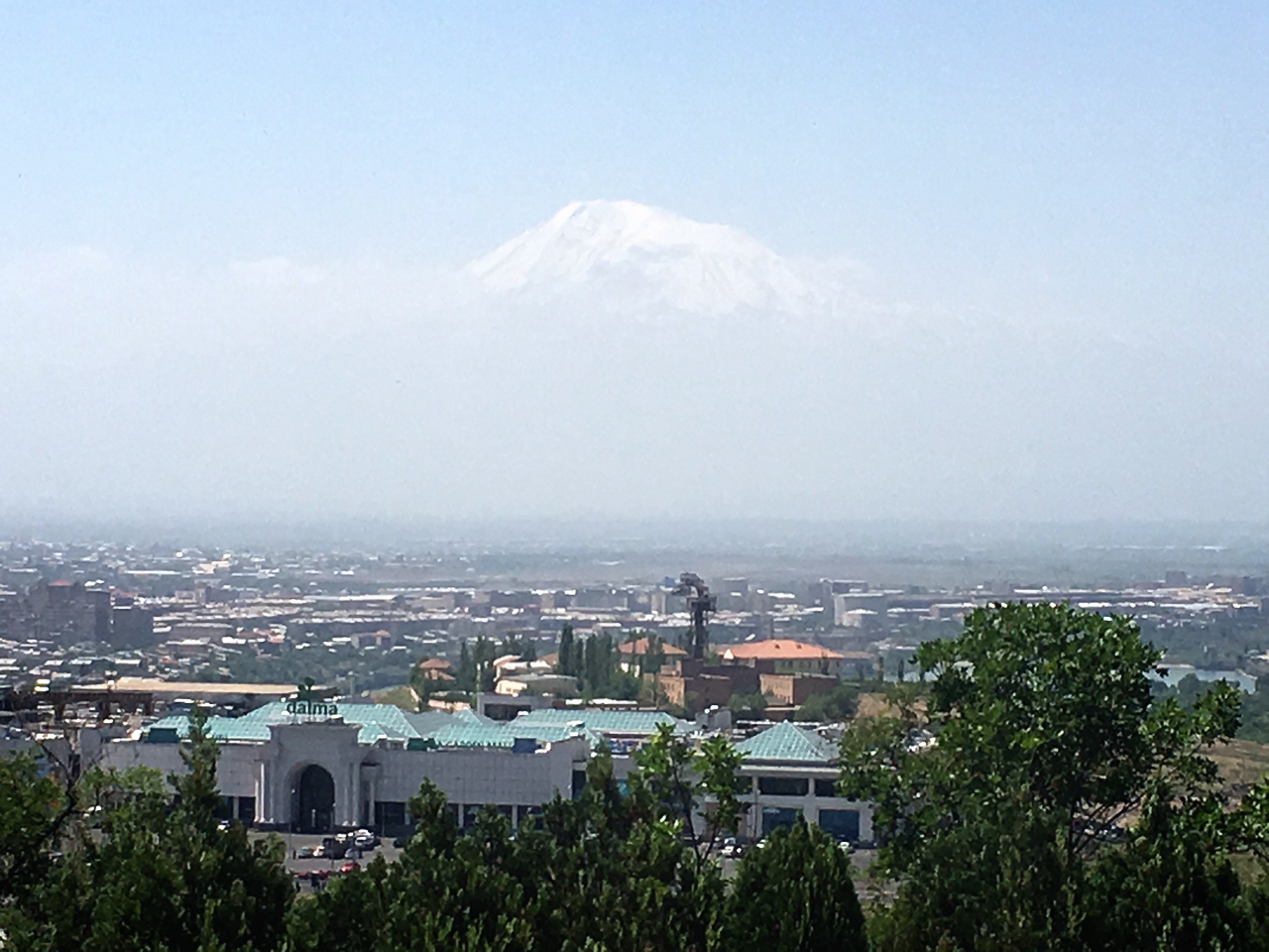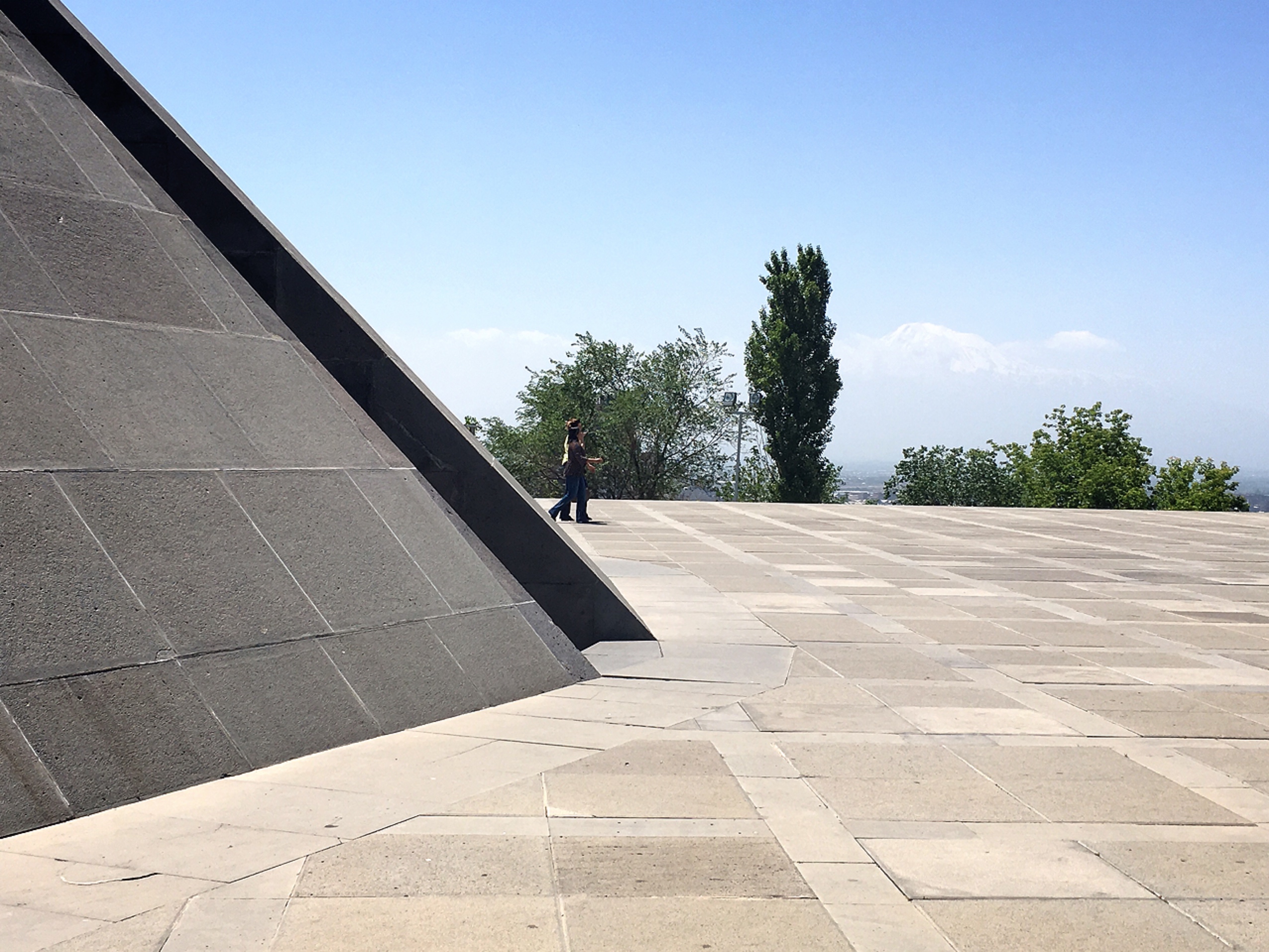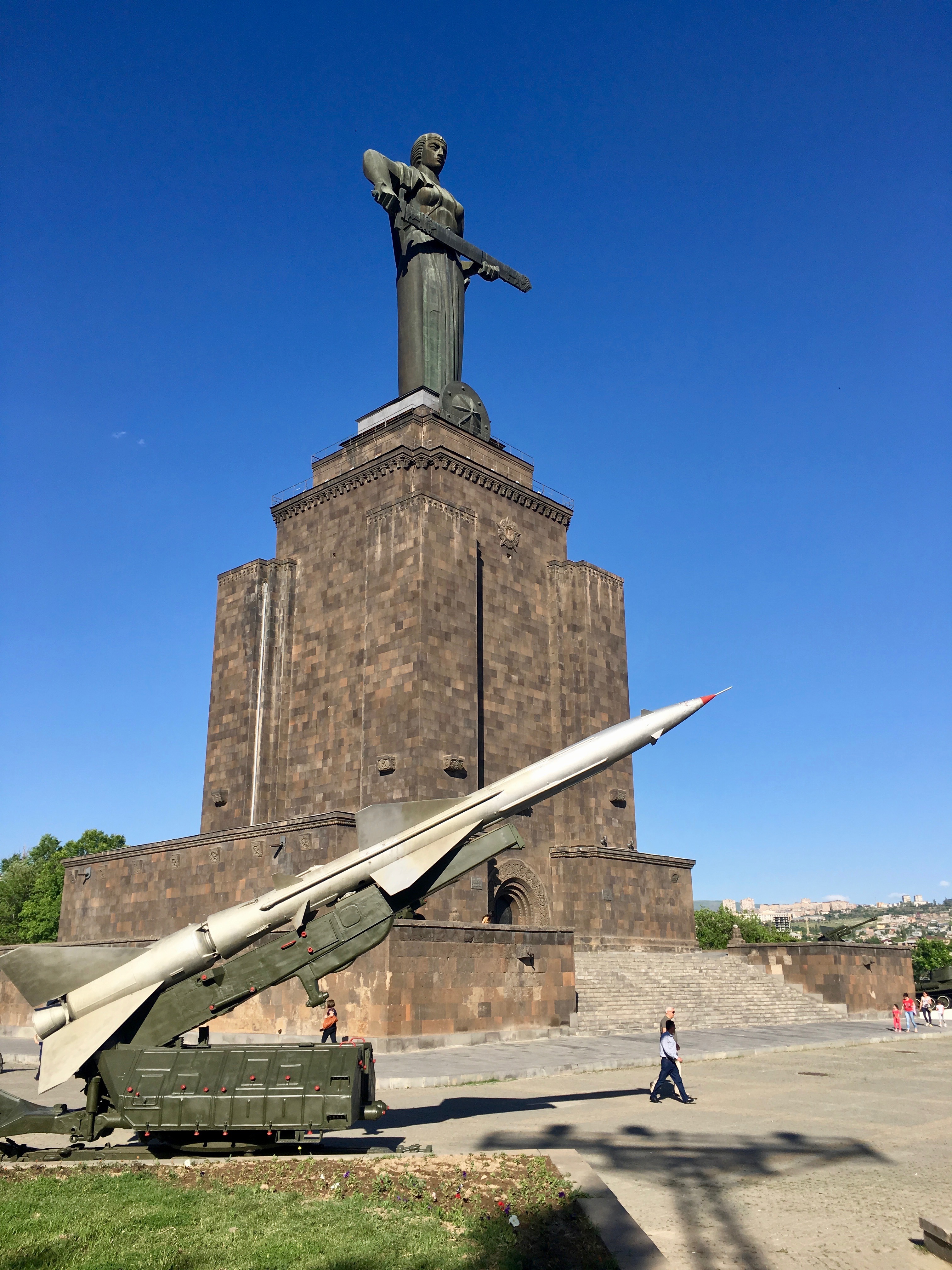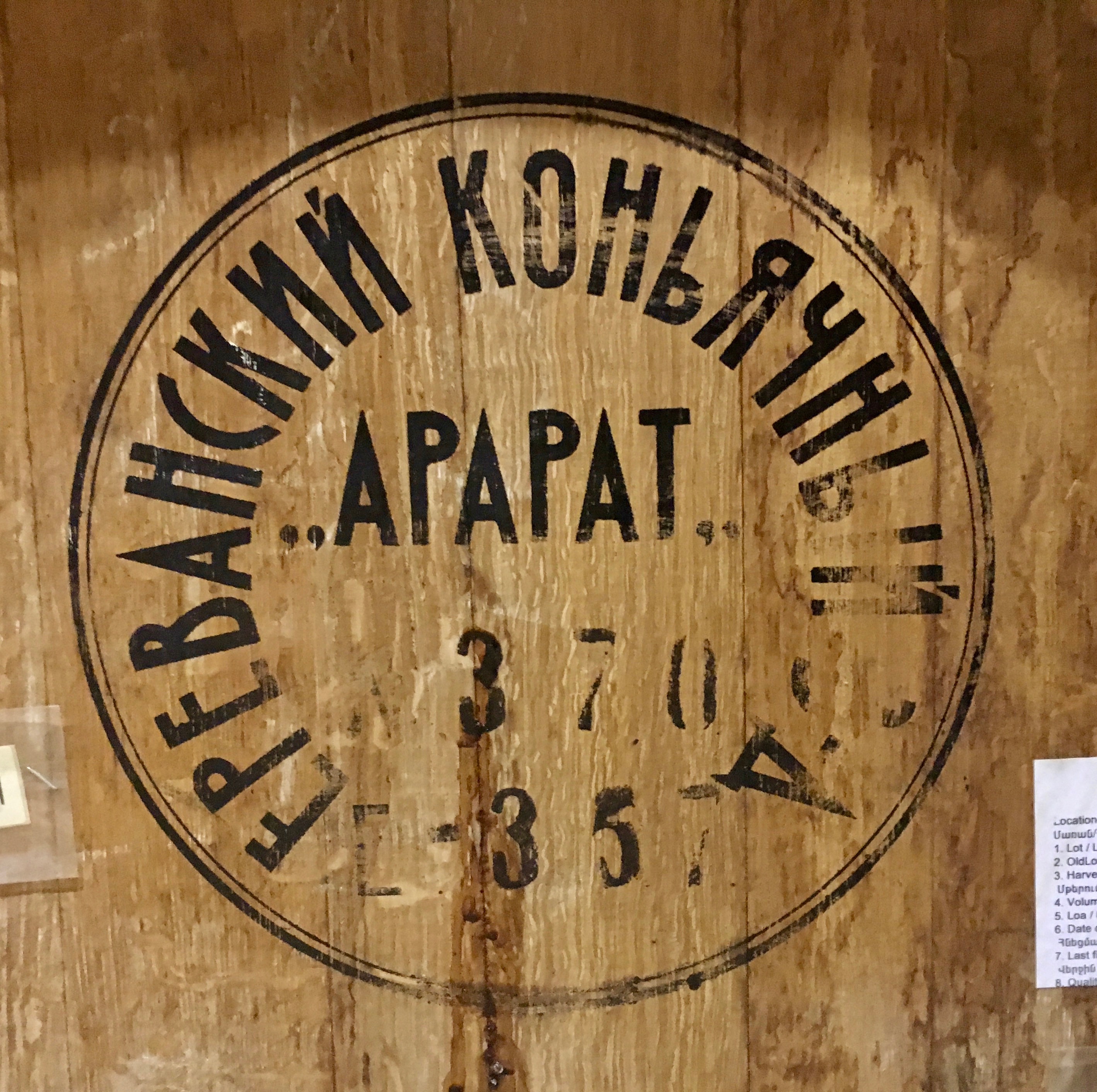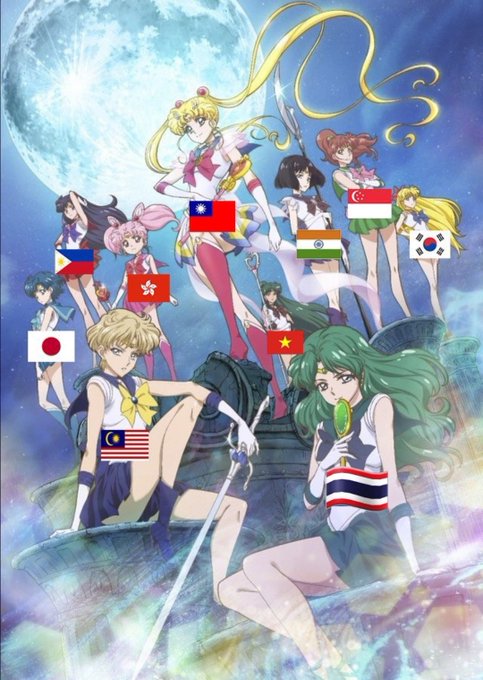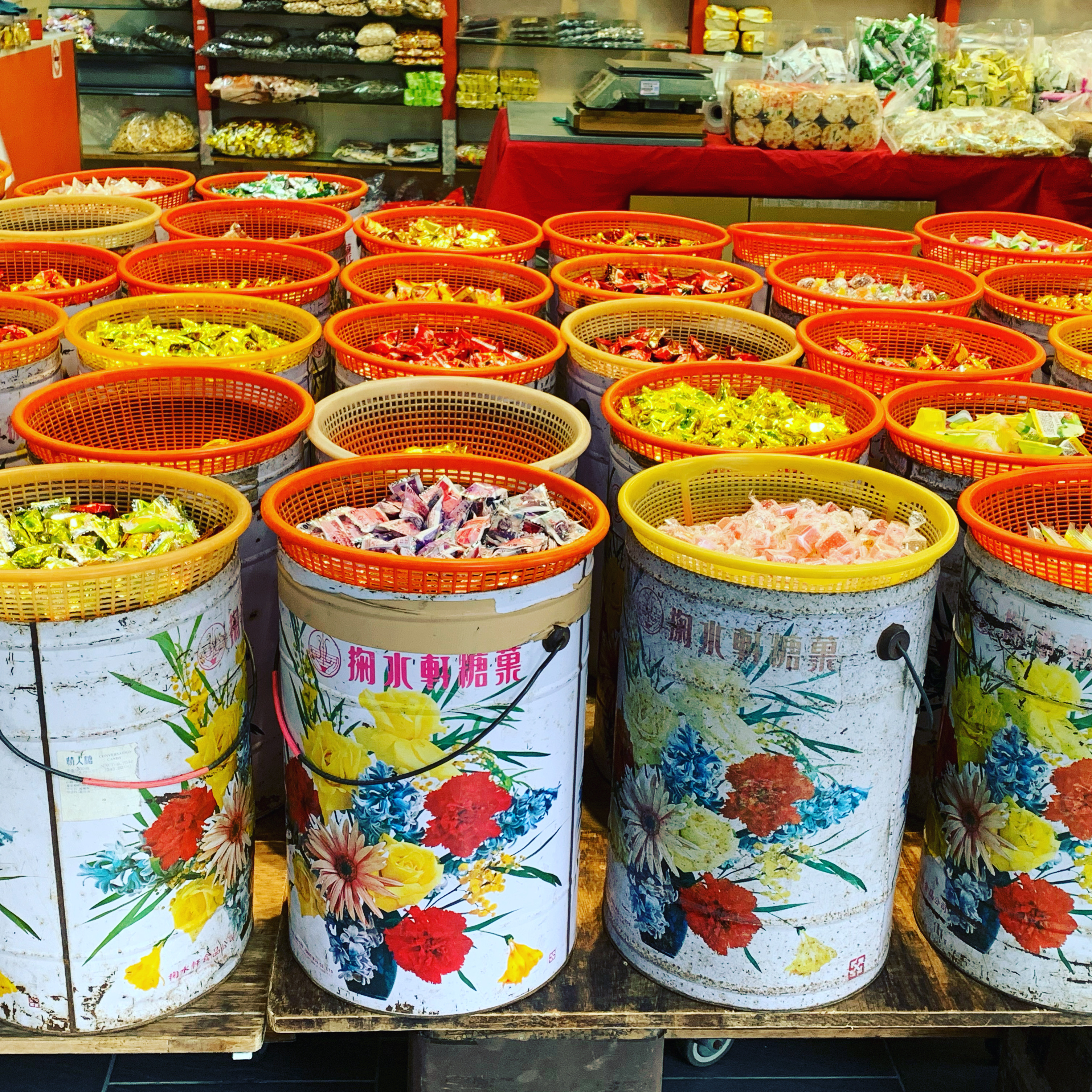 |
| You know how these buckets look full of candy, but the candy is all in the plastic bins at the top and they're actually mostly empty? Yeah. |
Everyone's going to be banging out thinkpieces and analysis and all that on the Han recall - here's a particularly good one. That's cool, and I'm going to throw in my two cents. But I'm also still writing a dissertation so I'll keep it short(er than my usual posts).
I'm still a bit tepid on the amended recall rules, I'd be a bit iffy on recalling someone with, say, 26% of the vote, even if I disliked them. It feels undemocratic to require so little to kick someone out of office, and I haven't changed my feelings on that tonight. However, the fact that so many Kaohsiungers came out to recall Han - more than elected him in the first place - and smashed that number to pieces legitimizes this particular recall. If that many people want you gone, then you need to go.
People will say that Taiwanese voters, including Kaohsiungers, expect their elected officials to work full time for them, and will punish anyone who prioritizes climbing the political ladder over actually doing their jobs. Those people are correct. But Kaohsiung didn't just reject a guy who wasn't doing his job, and abandoned Kaohsiung at the first slightly shinier toy offered to him.
They also rejected a system in which that sort of ambition is taken for granted under the assumption that power always begets power - that if the right people want you in power, you'll win. They rejected a model of "democracy" in which buying up local media to spew your message non-stop and dressing up warmed-over reactionary politics and tired takes in sweat-stained, folksy working-class appearances while your wife clutches her pearls and claims to speak for "mothers" could be a substitute for competence. They completely trampled the "there are elections and whoever gets the most votes is the winner, so the real power is in how you 'get the most votes'" style of democracy, and insisted on something better.
This is not to say that Kaohsiungers were brainwashed the first time around - they really did vote for Han, and surely many did believe he represented some sort of 'change', especially in rural areas. I don't even necessarily think he became a fully bought-and-paid-for CCP asset until after he won the mayorship (though I could be wrong). But we cannot ignore the ways in which local media has been the target of CCP co-opting efforts. Some of Han's initial victory was due to freak-accident luck and timing - I suppose you could call it 'magic' of a sort - but some of it was entirely manufactured.
In short, Kaohsiung rejected every strategy that the forces behind Han's election thought they could turn to their advantage, in Taiwan and China alike. Neither the factional politics nor the power they represent are quite dead, but they've been dealt a blow.
Since China has invested so heavily in promoting this style of "democracy" in Taiwan, it's also closely tied to the notion, long shoved down voters' throats, that getting closer to China is inevitable, the economy can only thrive through dependency on China, and therefore that voting for China's preferred (KMT) candidates is the only "responsible", "mature", "correct" choice.
Of course, it didn't matter if those candidates were responsible, mature or correct (they seem to hold less enthusiasm for actually doing their jobs as campaigning for them, so often acting as if those positions are birthrights). All that mattered was convincing voters of this.
All of that has now been soundly rejected.
I honestly don't think there is a future for Han. Before 2018, he was a washed-up drunk most famous for beating up Chen Shui-bian and killing a guy. Frankly, if I were him, I'd yearn for the days when that was all I was. The CCP will probably not be throwing any more support to him now that it's clear he can do nothing for them, and if you're curious who might be in his corner from within Taiwan, the answer is probably no-one.
This is not to say that Kaohsiungers were brainwashed the first time around - they really did vote for Han, and surely many did believe he represented some sort of 'change', especially in rural areas. I don't even necessarily think he became a fully bought-and-paid-for CCP asset until after he won the mayorship (though I could be wrong). But we cannot ignore the ways in which local media has been the target of CCP co-opting efforts. Some of Han's initial victory was due to freak-accident luck and timing - I suppose you could call it 'magic' of a sort - but some of it was entirely manufactured.
In short, Kaohsiung rejected every strategy that the forces behind Han's election thought they could turn to their advantage, in Taiwan and China alike. Neither the factional politics nor the power they represent are quite dead, but they've been dealt a blow.
Since China has invested so heavily in promoting this style of "democracy" in Taiwan, it's also closely tied to the notion, long shoved down voters' throats, that getting closer to China is inevitable, the economy can only thrive through dependency on China, and therefore that voting for China's preferred (KMT) candidates is the only "responsible", "mature", "correct" choice.
Of course, it didn't matter if those candidates were responsible, mature or correct (they seem to hold less enthusiasm for actually doing their jobs as campaigning for them, so often acting as if those positions are birthrights). All that mattered was convincing voters of this.
All of that has now been soundly rejected.
I honestly don't think there is a future for Han. Before 2018, he was a washed-up drunk most famous for beating up Chen Shui-bian and killing a guy. Frankly, if I were him, I'd yearn for the days when that was all I was. The CCP will probably not be throwing any more support to him now that it's clear he can do nothing for them, and if you're curious who might be in his corner from within Taiwan, the answer is probably no-one.
I highly suggest you listen to Taiwan Report's rundown of the soapy drama currently roiling the KMT, which casts Han as a sort of pawn in Wu Dun-yih and Wang Jin-pyng's power games. Wu's now a has-been who knows Han isn't his ticket to the top. Wang just used Han to deliver a gut-punch to rival Wu. The rest of the KMT probably wants nothing to do with him - Johnny Chiang isn't the quietly brilliant leader some want him to be and probably doesn't know what to do, and Hou You-yi isn't going to stop keeping his distance and will probably try to co-opt at least some of Han's fan base.
While Han could try his luck in somewhere like Miaoli or Hualien where apparently they'll elect any damn idiot, I just don't think he's smart enough without his handlers to actually succeed. People have talked about his running for KMT chair, but Frozen Garlic is right - the KMT invested in him because he seemed like a winner. Now he's just a loser - who would want him to be chair?
While Han could try his luck in somewhere like Miaoli or Hualien where apparently they'll elect any damn idiot, I just don't think he's smart enough without his handlers to actually succeed. People have talked about his running for KMT chair, but Frozen Garlic is right - the KMT invested in him because he seemed like a winner. Now he's just a loser - who would want him to be chair?
With the KMT acting like cheap daytime TV, it's interesting to compare it to the DPP where Tsai has managed to bring old rivals into the fold and keep factional infighting to a minimum (though I am assured it still very much exists, the DPP seems to actually be functional). She's playing 3D chess while they're playing Days of Our Lives, but with ugly people. While they engage in political infighting, she actually does her job, and does it well. When they get into office, they act like the hard part is over; she gets to work.



